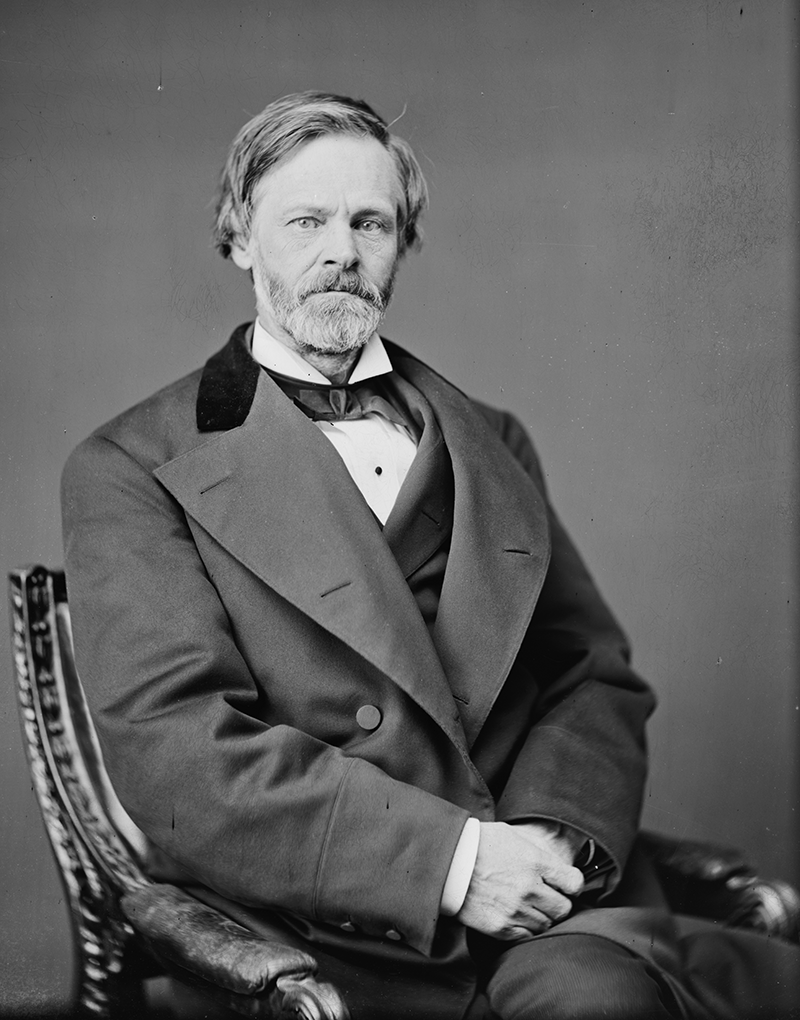
Richard R. John
@RrjohnR
I teach history and communications at Columbia University. For more information, click on my website.
“Network Nation is an extremely important, brilliantly researched, deep history of America's love/hate affair with not just the telephone, but also the telegraph…a definitive takedown of various neat stories about…American telecommunications.” pluralistic.net/2024/07/18/the…
Annals of anti-monopoly: Sven Beckert’s long-awaited libel history of capitalism will soon be between two covers.
From the port of Aden in the year 1150 to the streets of Phnom Penh in 2023--my take on the global history of capitalism is finally ready to go into print. This fall at a bookstore near you. penguinrandomhouse.com/books/541160/c…
Annals of anti-monopoly: This just dropped today. When did Americans start seriously worrying about media concentration? Hint: in the 1930s. How did this debate shape media coverage of the Second World War? promarket.org/2025/06/17/how…

Annals of anti-monopoly: Here is my review (critical yet appreciative) of Dan Schiller’s monumental history of 20th c. U.S. telecommunications policy. Schiller is particularly suggestive on the FCC in the 1930s, a neglected topic, and on consent decrees. academic.oup.com/jsh/advance-ar…
Annals of anti-monopoly: up on Thursday
Since the invention of the press, concerns about media ownership have persisted. @batesunlv, @AlexandraGeese, @RrjohnR, and Paul Starr explore 19th–20th century trends, with a focus on technology and market concentration. Moderated by @sgellison. Tune in to…
Annals of anti-monopoly: required reading
Quentin Skinner's Liberty as Independence surveys the history of rival views of liberty from antiquity to modern times, exploring why the concept of liberty as independence was superseded by the view that liberty is absence of restraint. Discover more: cup.org/4gvfXIG
Listing for open search in Columbia’s Ph. D. program in communications “We are particularly interested in candidates pursuing pioneering research agendas in: Science, Technology, and Society (STS); media law and policy; media history; global media….” apply.interfolio.com/162364
Annals of anti-monopoly: “the uniform power to regulate these enterprises [eg railroads], if they partake in the least of a monopoly character, must be equally extensive with the territory they occupy.” S. Sterne, _Constitutional History_ (1882). @MorganRicks1 @matthewstoller
Annals of anti-monopoly: 19th c anti-monopolies often looked to government ownership as a solution to the problems posed by network industries.
Annals of anti-monopoly: Here is a question: Has U.S. anti-trust policy on balance promoted or discouraged Schumpeterian competition? Schumpeter thought it did not, but he did not live to see the achievements of anti-trust policy under Eisenhower. Might he have been…mistaken?
This quote seems to be making the rounds Yes, a big threat to the West is plutocracy (and also China's rise) Fostering Schumpeterian competition and creative destruction are key to the solution for both The Biden admin's neo-Brandeis antitrust policies did exactly the opposite
Annals of anti-monopoly: U.S. anti-monopoly policy facilitated the postwar transformation of German and Japanese business — a regulatory triumph worth celebrating.
When Germany and Japan put in place antimonopoly laws after WWII, it was because they saw how profoundly dangerous it was to have private power joined at the hip to political power.
"Plutocracy is its own kind of dictatorship. When companies larger, wealthier and more powerful than most world governments threaten individual liberty with coercive private taxation and regulation, it threatens our way of life." Jonathan Kanter, Assistant Attorney General, 2024
Annals of anti-monopoly: why privatize the post office? Five journalists weigh in: doi.org/10.7916/jd8v-d…
Annals of anti-monopoly: The Founders never intended the U.S. Postal Service to be managed like a businessw washingtonpost.com/outlook/2020/0…

Annals of anti-monopoly: The meaning of monopoly has shifted over time. Pete Roady’s _Contest over National Security_ shows how in the 1930s and 1940s the related catch phrase “ national security” was stripped of its association with domestic reform. wwwww.hup.harvard.edu/books/97806742…
Annals of anti-monopoly: my HNN essay on John Sherman, Big Tech, and the forgotten backstory of U.S. anti-trust law. Hint: the regulation of platform monopolies began earlier than is often assumed—and was surprisingly effective at fostering innovation. historynewsnetwork.org/article/the-ot…

White, _Oliver Wendell Holmes_—for context, Snyder _House of Truth_—Budiansky (mixed reviews) for a quick read?
Do any of you know of any particularly good biographies of Oliver Wendell Holmes? I'm particularly interested in intellectual biography dimensions. I like _The Metaphysical Club_ but I want more. @RrjohnR, know of anything?
Annals of anti-monopoly: my piece on how 20th c. telephone publicists shaped the history books, and set up a major center for the study of U.S. history at Harvard. Can expertise be mobilized to promote the political agenda of Big Tech? History says yes. promarket.org/2024/09/13/how…

How about this? academiccommons.columbia.edu/doi/10.7916/d8…
.@RrjohnR, where does one go for the best Richard John-ian rant about the notion of the "Gilded Age"?
Interesting: by “Internet” do you mean the telecom network it was built on? Or something else? The telecom network was highly regulated. Digital platforms less so. Are you referring to what activists once called the “digital divide”? “had to be designed”? By whom?@joguldi
Yes of course! The point was that both the eighteenth-century road network and the internet had to be designed as open systems to connect poorer communities. Left to the free market, they tended to become gated fiefdoms serving rich neighbors only.